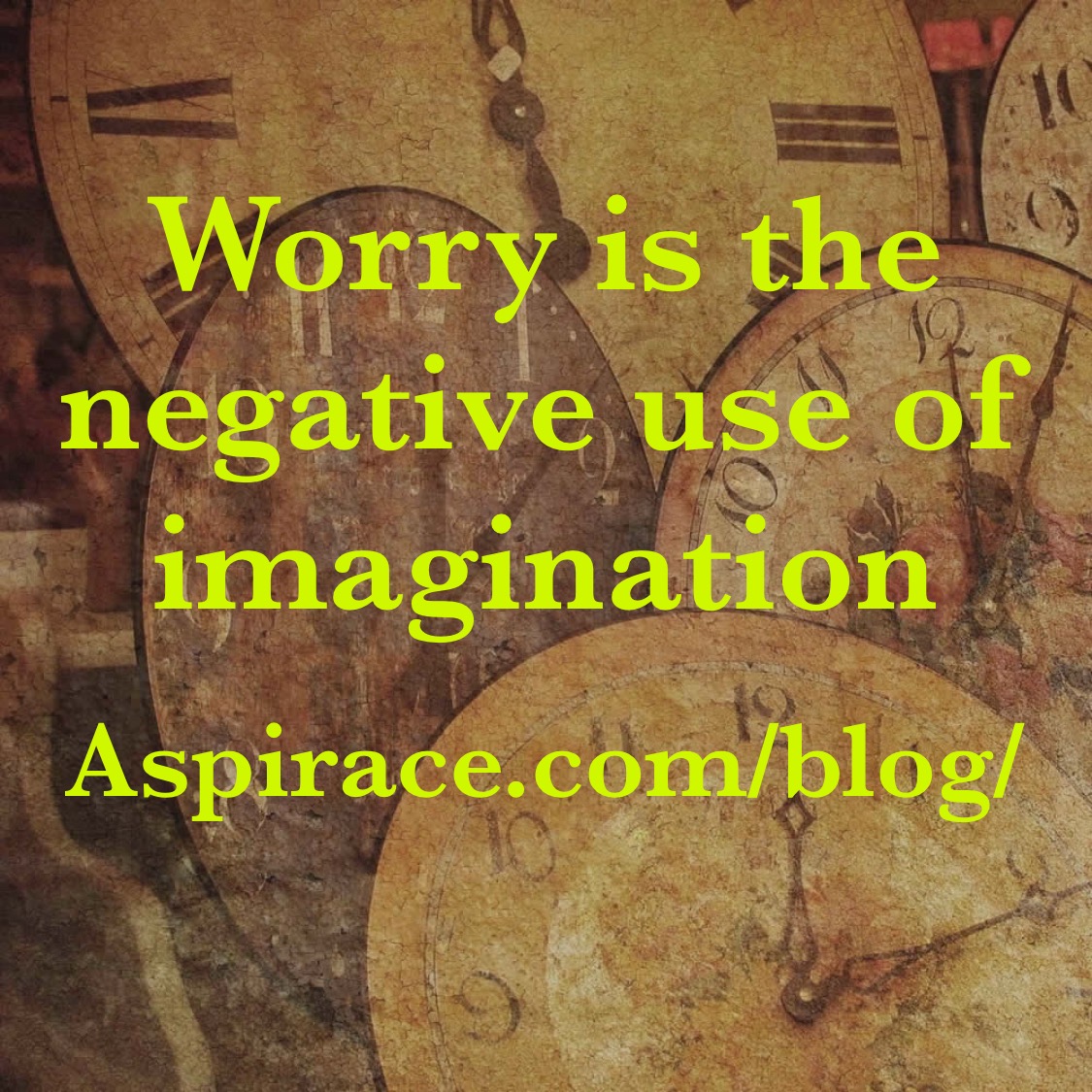Worry is defined as “to give way to anxiety or unease; allow one’s mind to dwell on difficulty or troublesome ‘he worried about his soldier sons in the war'” and “to be concerned, be anxious and lose sleep, get worked up, get stressed, get in a state, stew, torment oneself. ‘she worries about his health'”. Synonyms: include to fret, agonize, overthink, brood, and panic.
It’s interesting that most of our negative emotions are based upon irrational, untrue thoughts. Worry is one of those emotions that is often based on the untrue and irrational thoughts. Worry can quickly turn obsessive and create various problems including emotional, psychological, and physical issues. We have countless irrational thoughts daily which lead to unhealthy emotional response. The unfortunate thing is that we are experiencing difficult emotions and therefore situations that aren’t even based on reality. Most people have a hard time believing that everyone had untrue irrational thoughts daily. The truth is that we are actually unaware of most of these thoughts.
Dr. Aaron T Beck’s model of Cognitive Behavioral Therapy suggests that we the process of developing irrational thoughts includes the following:
We witness something in our environment –> followed by an irrational automatic negative thought –> followed by a (usually unhelpful) behavior.
Beck suggestions several techniques in order to reduce negative automatic thinking including cognitive therapy, thought journaling, and thought stopping. These techniques, along with cognitive behavioral therapy have been empirically shown to reduce many types of mood disorders and worry. His work is available through multiple books, audio books, and courses. If you are a graduate intern or licensed therapist/counselor/social worker, you may find our Cognitive Behavioral Therapy CE Course helpful.
For more great life quotes, please join us on Google Plus at LPCC Continuing Education Google Page

